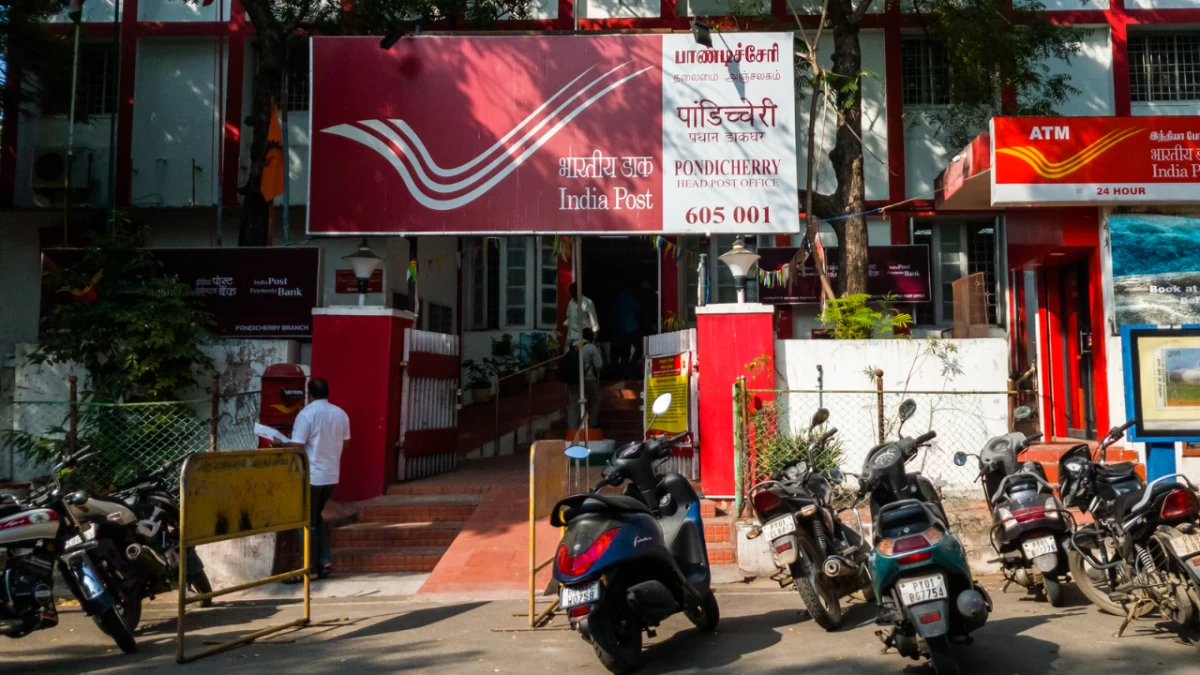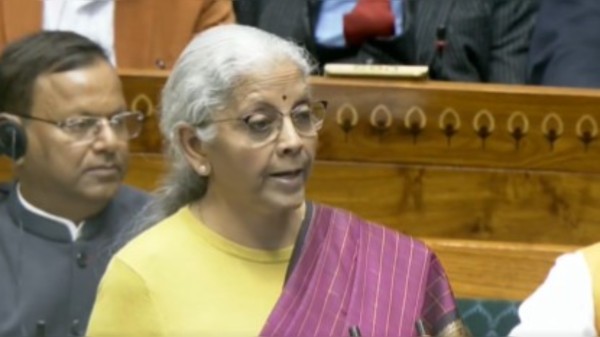

By signing in or creating an account, you agree with Associated Broadcasting Company's Terms & Conditions and Privacy Policy.


By signing in or creating an account, you agree with Associated Broadcasting Company's Terms & Conditions and Privacy Policy.

Kolkata: No matter how much the popularity of the equity markets and market-linked instruments such as mutual funds, the attraction of fixed income instruments will never go down in a country lie India. In the fixed-income space, the bank fixed deposits have suddenly paled as the banks have slashed their interest rates after the aggressive Repo Rate cut by RBI between February and June this year. The central bank slashed the key policy rate by 100 basis points forcing the prompting the banks to bring down both the lending and deposit rates significantly.
Significantly, the Centre did not revise the interest rates payable on small savings instruments which came up for revision on July 1 and left all interest rates on instruments such as all post office schemes untouched. In the process, post office time deposits have suddenly become more attractive to the common people than the FDs in top banks. Let's have a closer look at the rates paid by both category of instruments.
The post office term deposits are offering the following interest rates:
One-year tenure: 6.90%
Two-year tenure: 7.00%
Three-year tenure: 7.10%
Five-year tenure: 7.50%
In comparison top banks are offering the following rates on FDs:
One-year tenure
SBI: 6.25%
PNB: 6.40%
BoB: 6.50%
HDFC Bank: 6.25%
ICICI Bank: 6.25%
Axis Bank: 6.25%
Two-year tenure
SBI: 6.45%
PNB: 6.40%
BoB: 6.50%
HDFC Bank: 6.45%
ICICI Bank: 6.50%
Axis Bank: 6.50%
Three-year tenure
SBI: 6.30%
PNB: 6.40%
BoB: 6.50%
HDFC Bank: 6.45%
ICICI Bank: 6.60%
Axis Bank: 6.50%
Five-year tenure
SBI: 6.05%
PNB: 6.50%
BoB: 6.40%
HDFC Bank: 6.40%
ICICI Bank: 6.60%
Axis Bank: 6.50%
Therefore, bank FDs have fallen back in the race of offering interest rates to attract deposits. Bank FDs run the risk of interest rates falling again if the RBI slashes rates again. The main reason of the central bank cutting rates was to trigger consumption in the country, which was lukewarm. If the desired consumption level is not reached, there could be rate cuts again. However, banks FDs offer greater flexibility to the customer as far as defining maturity period are concerned. You can have maturity rates from 7 days to 10 years which is not possible in a posit office.
But post office schemes score on another point -- the security aspect. All small savings instruments enjoy sovereign guarantee while the banks enjoy a cover of only Rs 5 lakh. Therefore, to deposit higher amounts, post office time deposits are far more secure than bank FDs.












